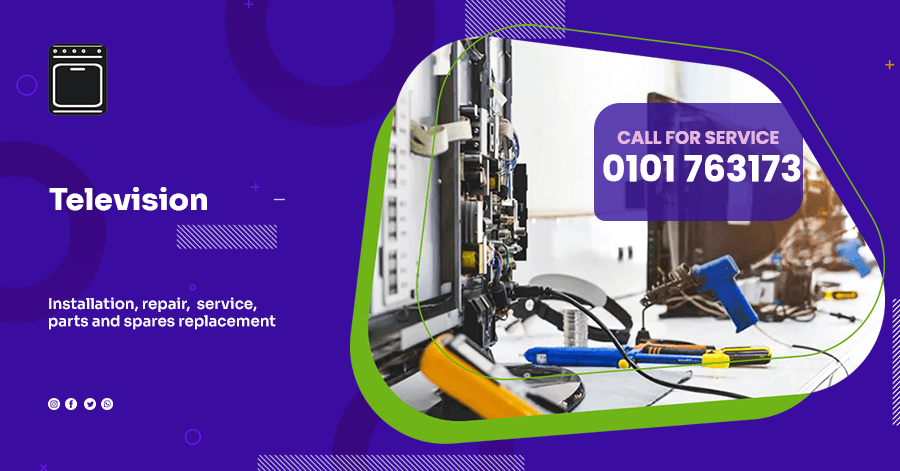TVL ED Driver Board Problems and Their Solutions
TVLED driver boards are critical components that control the LED backlighting system in modern televisions. When these boards malfunction, they can cause various display issues that significantly impact viewing experience. Understanding common problems and their solutions can help technicians diagnose and repair these issues effectively.
Common TVLED Driver Board Problems
No Backlight or Dim Display
The most frequent issue is complete backlight failure or extremely dim display output. This typically occurs when the driver board fails to supply adequate voltage to the LED strips. Symptoms include a visible image when viewed under direct light but no illumination from the screen itself.
Flickering or Unstable Backlight
Intermittent flickering or unstable brightness levels often indicate voltage regulation problems within the driver circuit. This can manifest as random brightness changes, strobing effects, or complete on-off cycling of the backlight system.
Partial Screen Illumination
When only sections of the screen receive backlighting, the issue usually stems from failed LED channels or damaged traces on the driver board. This creates uneven lighting patterns or completely dark zones across the display.
Overheating and Thermal Shutdown
Driver boards operating at excessive temperatures may trigger thermal protection circuits, causing the backlight to shut down periodically. This often accompanies burning smells or visible component discoloration.
Diagnostic Solutions
Visual Inspection
Begin troubleshooting by examining the driver board for obvious signs of damage including burned components, swollen capacitors, cracked solder joints, or damaged traces. Look for discoloration around high-power components and check for loose connections.
Voltage Testing
Use a multimeter to verify proper voltage output to LED strips. Compare readings against manufacturer specifications, typically ranging from 12V to 48V depending on the television model. Test both input and output voltages to isolate the problem area.
LED Strip Continuity
Test individual LED strips for continuity and proper resistance values. A completely open or short-circuited LED strip can cause the entire backlight system to malfunction or operate inefficiently.
Repair Solutions
Component Replacement
Replace faulty capacitors, resistors, or integrated circuits identified during testing. Pay particular attention to electrolytic capacitors, which commonly fail in power supply circuits. Ensure replacement components match original specifications exactly.
Solder Joint Repair
Reflow or repair cracked solder joints, especially around high-current connections and large components. Poor solder connections can cause intermittent failures and voltage drops that affect backlight performance.
Trace Repair
Repair damaged PCB traces using jumper wires or conductive paint. Carefully scrape away solder mask to expose clean copper before making connections. This is particularly important for high-current LED supply traces.
Thermal Management
Address overheating issues by cleaning heat sinks, replacing thermal paste, or improving ventilation around the driver board. Ensure adequate airflow and consider adding additional cooling if operating temperatures remain excessive.
Prevention and Maintenance
Regular maintenance can prevent many driver board failures. Keep ventilation areas clean and free from dust accumulation. Avoid exposing televisions to excessive humidity or temperature fluctuations. When servicing, use proper anti-static procedures to prevent component damage.
Understanding these common TVLED driver board problems and their solutions enables more effective troubleshooting and repair of modern television backlight systems. Proper diagnosis techniques combined with systematic repair approaches can restore optimal display performance while extending equipment lifespan.
